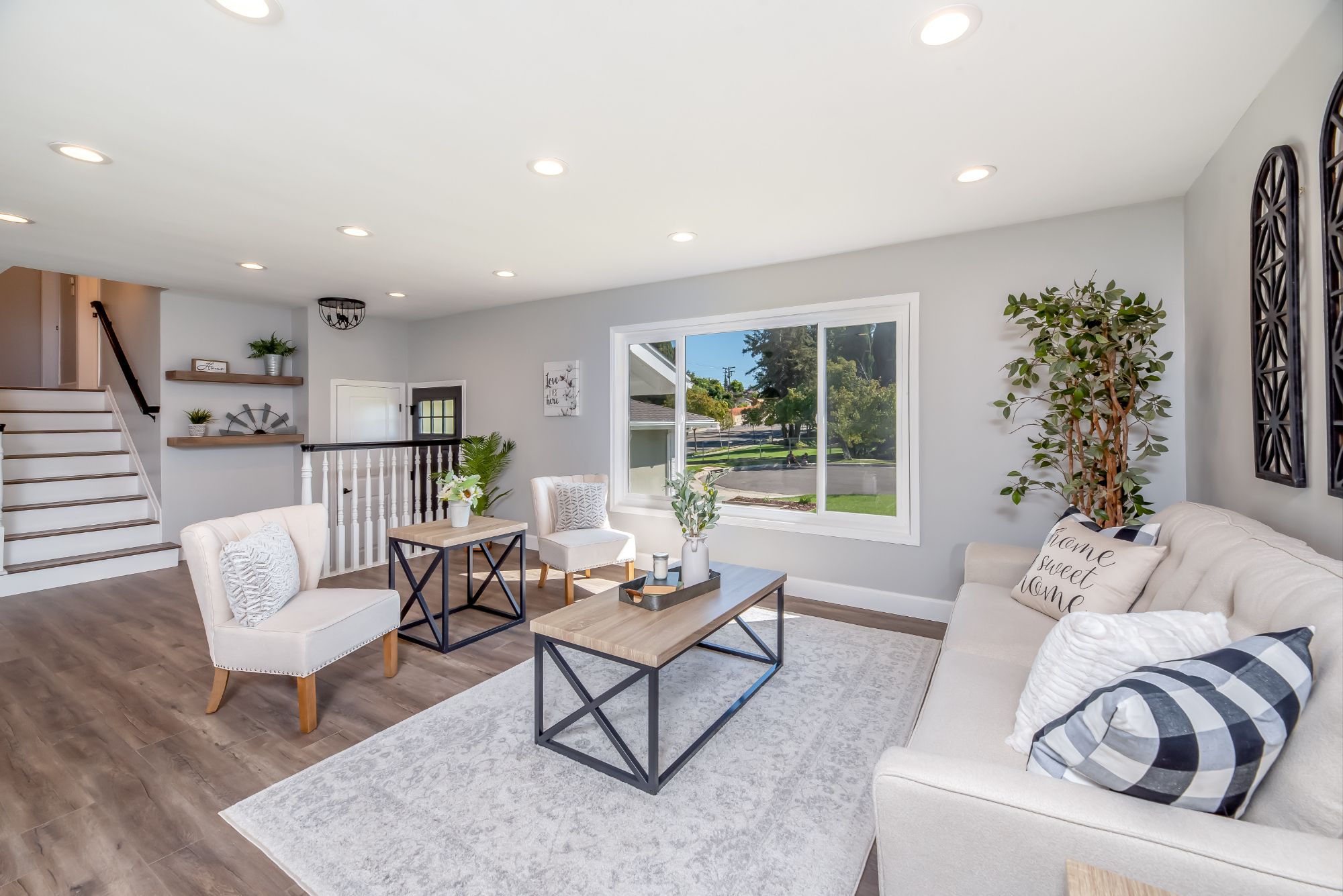To Stage My Home or Not?

When preparing to put your home on the market, you may find yourself grappling with a crucial question: should you stage your home or not? The answer is not always straightforward as it depends on a variety of factors such as budget, time, and the state of the real estate market. But generally, staging your home enhances its appeal to prospective buyers and often translates into a quicker sale at a higher price.
Staging your home refers to the process of strategically arranging furnishings and décor to enhance its appeal to buyers. The goal is to highlight your home’s strengths, downplay its weaknesses and appeal to the greatest possible pool of prospective buyers. In the competitive world of real estate, this strategic presentation plays a significant role in selling your house.
One of the key benefits of staging your home is that it helps buyers visualize the property as a future home. Walking into an empty house can feel impersonal and cold, but staging can help transform that empty house into a warm, inviting home. By simply adding furniture, art, and decor, you can evoke emotions and make the space more inviting.
Furthermore, staging often leads to better photographs and online listings. Today, most house hunting starts online where potential buyers are scrolling through properties. Homes that are well-staged often photograph better and create stronger first impressions. Since the first impression is often the key to getting a buyer through the door, those good photos are extremely important.
Another advantage of staging is that it often helps to showcase the functionality of difficult spaces. Every house has its quirks. Whether it's a tiny nook under the stairs or an oddly shaped living room, staging can help you present these spaces in the best possible light. Furniture and decor can help show potential buyers how these spaces can be used efficiently.
Staging might also distract buyers from potential deal-breakers. Sure, your home isn't perfect, but staging can help potential buyers focus on the positives rather than the negatives. For example, a small kitchen might seem like a disadvantage. But with proper staging – adding a rolling island or showing how to maximize counter space – it can be seen as charming and efficient.
However, it’s essential to remember that while staging can make your home more appealing to buyers, it does not guarantee a sale. Several factors contribute to the sale of a house, including the location, price, and market conditions. Moreover, not all homes need staging. If your home is new or recently updated, it might not need anything more than a good cleaning and decluttering.
While staging may require an upfront investment, consider it more of an investment than a cost. According to the National Association of Realtors, for every $100 invested in staging, the potential return is $400. In other words, a 1% investment in staging could potentially yield a 4% increase in the sale price.
In conclusion, deciding whether to stage your home or not ultimately depends on your individual situation. It’s always advisable to consult with a professional real estate agent who understands your local market conditions and can provide you with sound advice. But generally, staging your home can yield significant benefits and potentially a higher sale price.
Recent Posts










